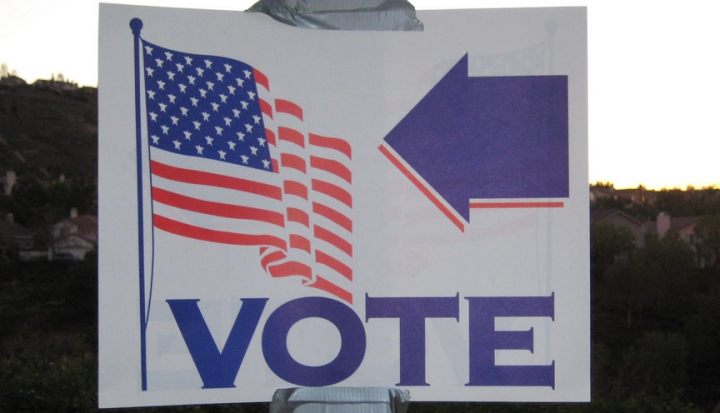This summer, the Supreme Court made a ruling that gutted Section 4 of the Voting Rights Act of 1965. Since then, Draconian laws have been passed in Texas, North Carolina, Virginia, and other places. But the fight is far from over.
In North Carolina, on February 8, a huge crowd of people (to the tune of tens of thousands), descended upon the state capital to protest, among other things, the voter suppression laws that disproportionately affect poor people and people of color. The march, titled the Moral March, is an outgrowth of the Moral Monday movement, in which citizens gather on Mondays at the state legislature building, and in an act of protest, enter the building. About 900 people were arrested last year as past of the Moral Monday movement, and now the movement has gained traction in both Georgia and South Carolina.
Then on Tuesday of this week, Attorney General Eric Holder called for a repeal of laws that disenfranchise people who have been convicted of a felony. The laws sometimes prohibit a person from voting for their entire life. Mr. Holder said in his speech, “Those swept up in this system too often had their rights rescinded, their dignity diminished, and the full measure of their citizenship revoked for the rest of their lives,” Mr. Holder said. “They could not vote.”
Denying the right to vote to people who have committed felonies, even after they have served their sentences, means that they cannot ever really rejoin society. And these are laws that tend to affect African American citizens far more than white citizens: In Florida, Kentucky, and Virginia, one in five African Americans cannot vote.
We have covered this topic before, and the news was particularly big all the way back in June. But the urgency has not lessened. We need to call upon Congress to assure that all citizens have a right to cast their votes and let their voices be heard. Because we cannot have a truly just nor a truly free society until even those who might normally be discounted are able to stand up and have their say.










